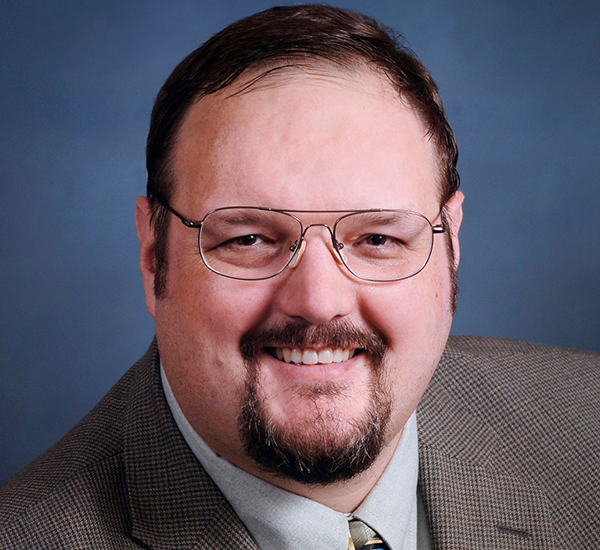
What is your background/industry experience and research focus?
My teaching, research and professional practice focus on three interrelated thematic areas: 1) Community-driven identification of problems; 2) Program development and evaluation; 3) Professional public health and health administration workforce development. Collectively, these efforts empower communities to address their health challenges by developing a learning organization culture.
How would you describe the research UNC Charlotte does and your role in it?
My research is tied to the pressing needs of the communities I work with, be they abroad (e.g., Armenia) or local (e.g., the Charlotte region). My current role as Associate Director of APHI, the Academy for Population Health Innovations, has allowed me to expand these efforts. We are currently engaged in a number of projects focused on social determinants of health in Mecklenburg’s most vulnerable communities. Our work provides data and insights that guide local policies and programmatic interventions intended to reduce health disparities and achieve health equity for all
What's your favorite thing about being a faculty member of your graduate program?
Workforce development is part of my personal mission, so designing and implementing effective graduate professional programs is a passion. Seeing how our programs transform lives – both our students and the communities they serve - and seeing our faculty ignite our students’ passions and jumpstart their careers is immensely gratifying.
What's your favorite memory of working with or mentoring a graduate student?
Early on in my time here, I spoke with a student who was leaving the banking industry and wanted to move into health. Like me, she was a first-generation college student and wasn’t sure of her options. She thought she needed a second bachelor’s, but I showed her that a pathway through our MSPH was open to her and would build on her strong quantitative skills. I connected her with another of our faculty who shared similar interests and this student blossomed, gaining confidence and defining her own direction. This student went on to earn a Ph.D. at UNC Chapel Hill and is now a member of the faculty there. I’ve had many similar experiences here, but this was my first.
How long have you taught at UNC Charlotte?
Since 2005.
What kinds of experiences can soon-to-be graduate students expect to participate in?
Graduate education is much more student-centered and student-directed. Students need to be more self-sufficient and plan to invest the time and energy to seek out information, attempt to resolve challenges on their own, or come seeking advice having done the preparation. Graduate education is not about spoon-feeding and cook-book recitation, but about critical thinking and application of the methods, knowledge and insights we provide – both as individuals and as teams.
Why should a student choose UNC Charlotte for their graduate degree?
UNC Charlotte holds true to its mission as an access institution. Its programs are designed to support first-generation students and others needing more support than might be found elsewhere. The programs are well-designed, and the faculty are committed to student success.
How would you describe the graduate community at UNC Charlotte?
Graduate students run the risk of getting siloed into their disciplinary focus. Innovation and success often occur at the interface of these silos, so understanding and bridging across professional boundaries are important. UNC Charlotte provides GPSG, student organizations, and the Thomas L. Reynolds Center for Graduate Life and Learning as ways to help students interact with other graduate students outside their programs. These efforts enrich our academic programs.